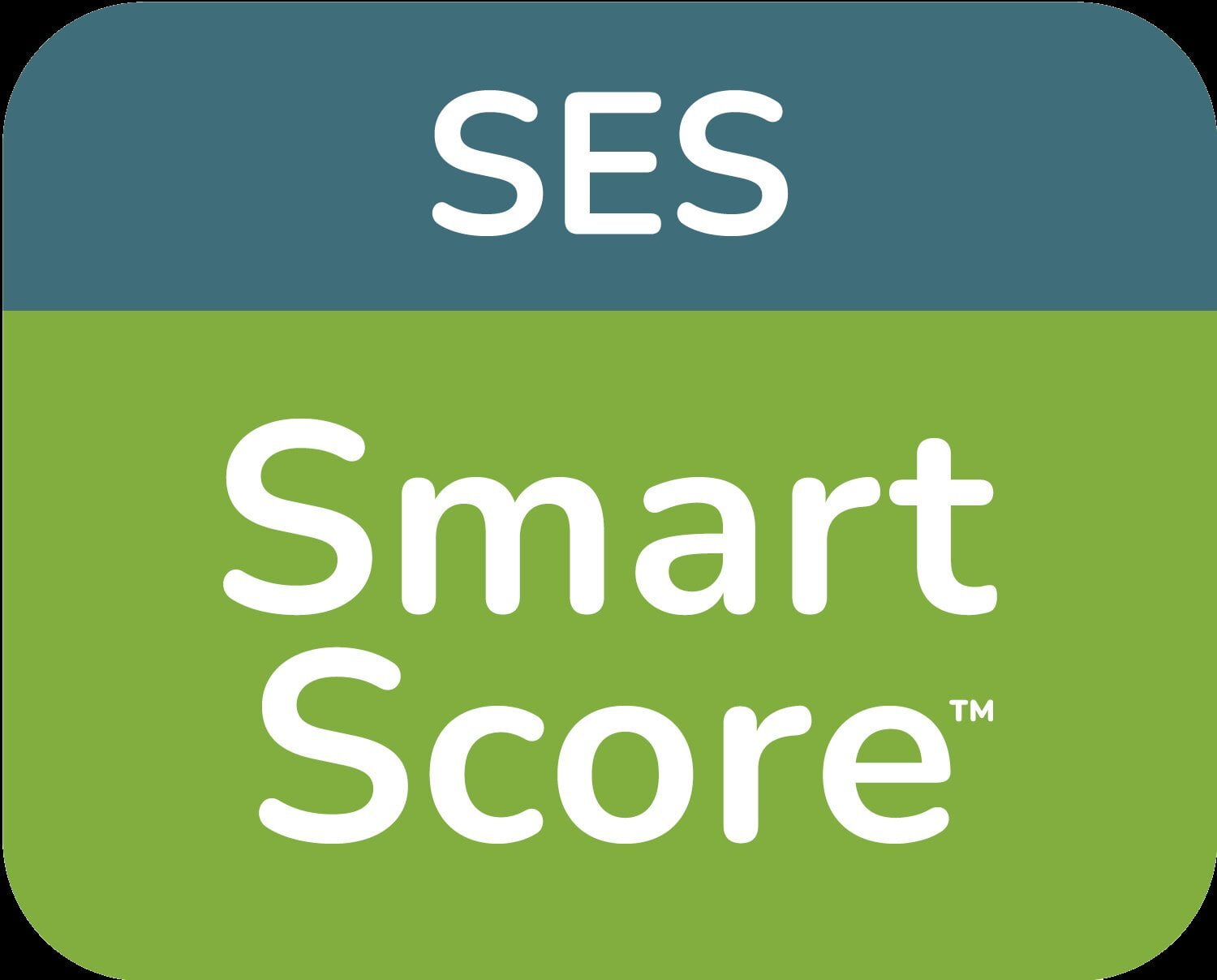The work that has challenged me the most and is now going into its 10th year at Ashland Middle School, is the proficiency-based overhaul that took AMS from a traditional school, using letter grades, based on points and percentages - to a growth mindset place of REAL learning. I want to share a quote the embodies this transformation and the philosophy behind it. It’s from Thomas Guskey, from an article called “Five Obstacles to Grading Reform”. Notice that when he says talent he’s referring to the “the skills and knowledge a person needs to be successful” – here’s what he says:
“…one of our oldest traditions is the belief that grades should serve to differentiate students on the basis of demonstrated talent. Students who show superior talent receive high grades, whereas those who display lesser talent receive lower grades. Although seemingly innocent, the implications of this belief are significant and troubling. Those who enter the profession of education must answer one basic, philosophical question: Is my purpose to select talent or develop it? If … your purpose as an educator is to develop talent then you go about your work differently. First, you clarify what you want students to learn and be able to do. Then you do everything possible to ensure that all students learn those things well.”
Using clear, explicit rubrics, proficiency scores, and a system of feedback that gives students, teachers, and parents accurate and specific information, we now know how to support students with their unique needs to reach proficiency on grade level standards. Our data indicates that 95% of students who score above a targeted proficiency performance benchmark, meet or exceed on standardized assessments. This correlation holds true for traditionally under-performing students, allowing us to target specific skills and close the achievement gap within our subgroups. We can also use the proficiency data from this work to place students in support classes, send custom communications to parents, drive teacher discussions in PLCs, and highlight student learning over time.
What is so validating about this work is that each subsequent initiative that has come along since we started this work, whether we’re being asked to develop a stronger Multi-tiered Systems of Support, further equity work, use a trauma informed approach, improve the quality of PLCs, strengthen Learning Targets, support Talented and Gifted students, or understand how to provide better intervention for students who need more support - for behaviors or academics . . . this system of rubrics and standards-based proficiency supports it ALL.

